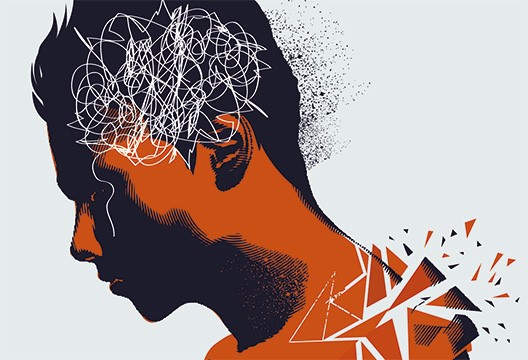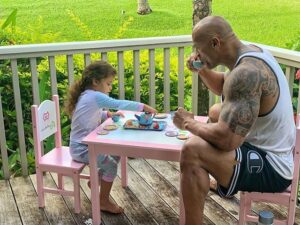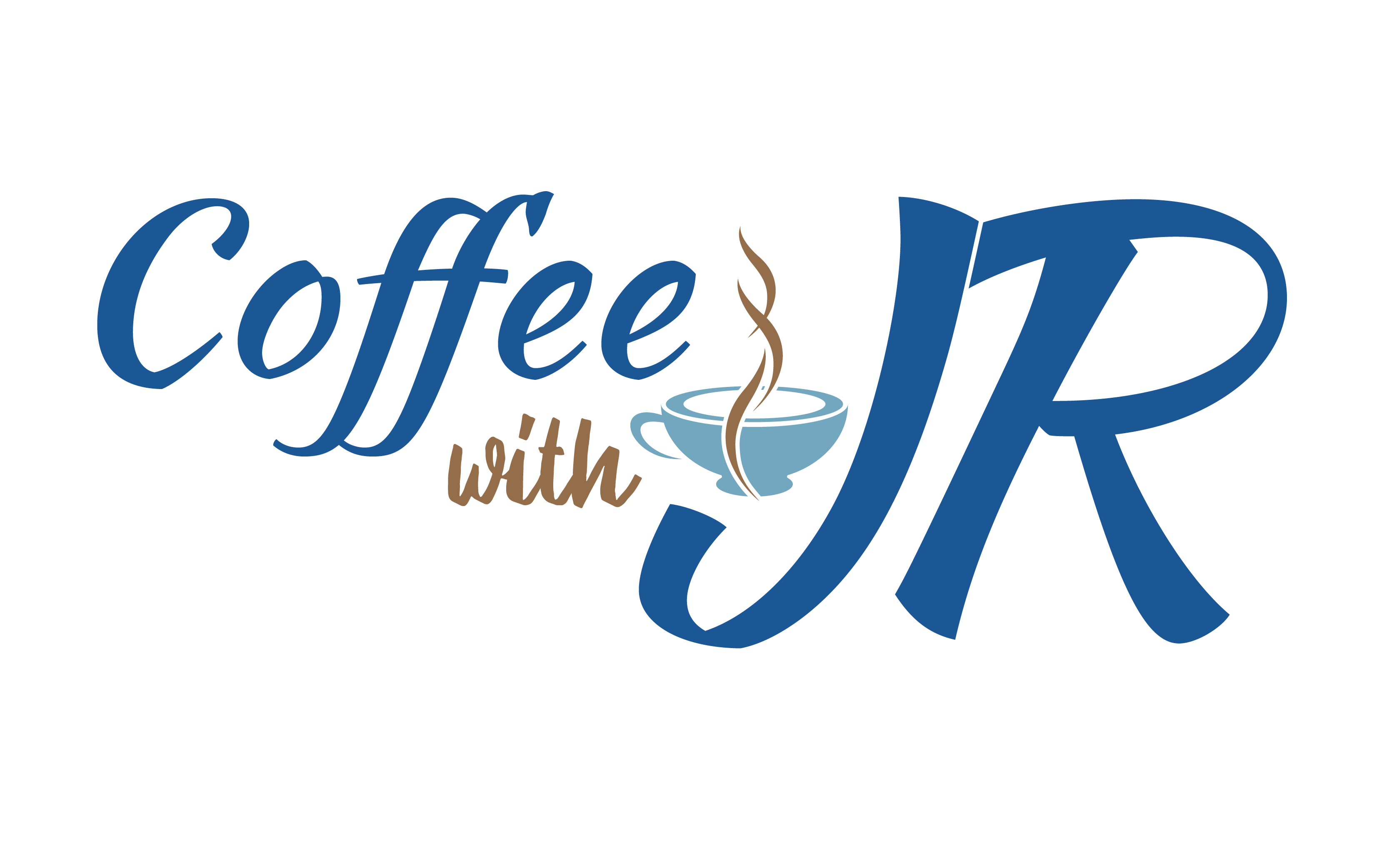
“It takes more courage to reveal insecurities than to hide them, more strength to relate to people than to dominate them, more ‘manhood’ to abide by thought-out principles rather than blind reflex. Toughness is in the soul and spirit, not in muscles and an immature mind.”
– Alex Karras
A few years ago, I wrote an article about “My Asian Male Rage.” Since then, I have presented and facilitated about a dozen workshops and conversations about men and mental health. Here are some of my updated thoughts. *
It seems like in our society it’s acceptable to make various subtle physical, sexist, and discriminatory comments toward men without much consideration. Some of the obvious examples are making fun of men who are short, bald, not hairy enough or too hairy, or not able to grow facial hair.
Unfortunately, the emotional and psychological impacts of these negative comments are often not addressed or acknowledged. The general excuse and expectation is that men are supposed to just “man-up” and act stoic and strong when being made fun of.
Alternatively, due to the perception that men are void of emotions and feelings, it’s considered allowable to put them down. Here are some of the problems that arise with these rationales.
First, whether we like it or not, men are just as emotional as anyone else. Due to centuries of social contract and conditioning, men are groomed not to tap into their feelings and express themselves. Fast forward to our modern-day expectation that men need to be more sensitive and in tune with their partner’s emotional needs, and the world in general. If we don’t acknowledge that men can get hurt from these negative and superficial comments, then how can we expect men to feel comfortable and safe to express themselves?
Second, one of the most common mental health stigmas is the false belief that a person can simply “get over it” or “calm down.” While society continues to expect men to just “man-up” while being victimized by subtle acts of discrimination, how can we encourage men to overcome the mental health stigma of “getting over it?”
Socialized Ideals of Masculinity in the Modern Era
Again, whether we want to admit it or not, gender inequality is still running rampant in our culture and society. Oftentimes, this inequality results from continual individual and societal beliefs and expectations. Some of the common presuppositions and traits that men have about themselves is that they need to be tough, action-oriented, decisive, stoic, self-sufficient, tall and strong, breadwinner, and to have a “hunter” mentality.
Overall, except for the tall and strong traits that are based on individual genetics, there is nothing really inherently wrong with these presuppositions. That being said, when men and society only emphasize mastering these traits without encouraging personal and emotional growth and humility, the problem of toxic masculinity arises. Below are some examples:
- It is totally okay to be tough, but men aren’t allowed to develop emotional sensitivity.
- Being action-oriented is good, but it can lead to over-confidence.
- Being decisive is a strength, but it can also lead to stubbornness.
- Being stoic is valuable for building character, especially during crisis situations, but it can also easily result in excessive substance usage.
- Being self-sufficient is ideal for survival and financial planning, but it can also lead to a fear of being seen as weak and vulnerable if they lose their job.
- Many men love to provide and care for others as breadwinners, but when men go through hard times and can’t be the breadwinners, they often experience shame and embarrassment, thinking they are not manly enough.
- In dating, it’s normal that men have the “hunter” mindset in pursuing the opposite sex. However, this pursuit mentality can lead to aggression, and in some cases, even violence such as sexual assault or abuse.
- Men may associate heterosexism as the norm, leading to homophobic attitudes.
Balancing Act
So, how can men expand and grow their masculine traits in positive directions? Here are my recommendations:
- Toughness means the ability to express oneself and encourage other men to express their emotions and feelings freely.
- While being action-oriented, include other people that you trust in the process.
- Be decisive and assertive, and avoid being cocky or stubborn.
- There is a time for stoicism, but remember that there is also a need for compassion and kindness toward oneself and others.
- Self-sufficient is good for yourself, but remember to check in with your male friends and loved ones to see what they need.
- If you are tall and strong, remember to practice humility.
- It’s awesome that you can be the breadwinner for your family. Just remember to celebrate the financial success of the opposite gender as well.
- If you are single and looking to mingle, nurture your “hunter” mindset with respect for the folks you are attracted to. If you are in a relationship, learn to express your feelings, emotions, vulnerability, and (maybe) your aggressions verbally or through various means, such as hobbies.
- Learn to be secure with your gender identity and sexual orientation, understanding that heterosexism is one of many ways people live.
Feminine and Masculine Energy/Traits
The last thing I want to emphasize is that no matter how manly you are, you have feminine traits in you, and vice versa. All men have some form or level of feminine traits, and all women have some form and level of masculine energy. I think the sooner we can all accept this, the better the world will be.
Men having feminine traits doesn’t make you weak or “girly.” It’s natural. An example I like to use is even Dwayne Johnson (the Rock), the manliest man ever, who lets his daughter put “makeup” on his face and sits on a little pink chair to drink tea with her.

*This blog is about general individuals who identify as heterosexual and male.
Photo from Mental Health Association of East Tennessee website.

Recent Comments